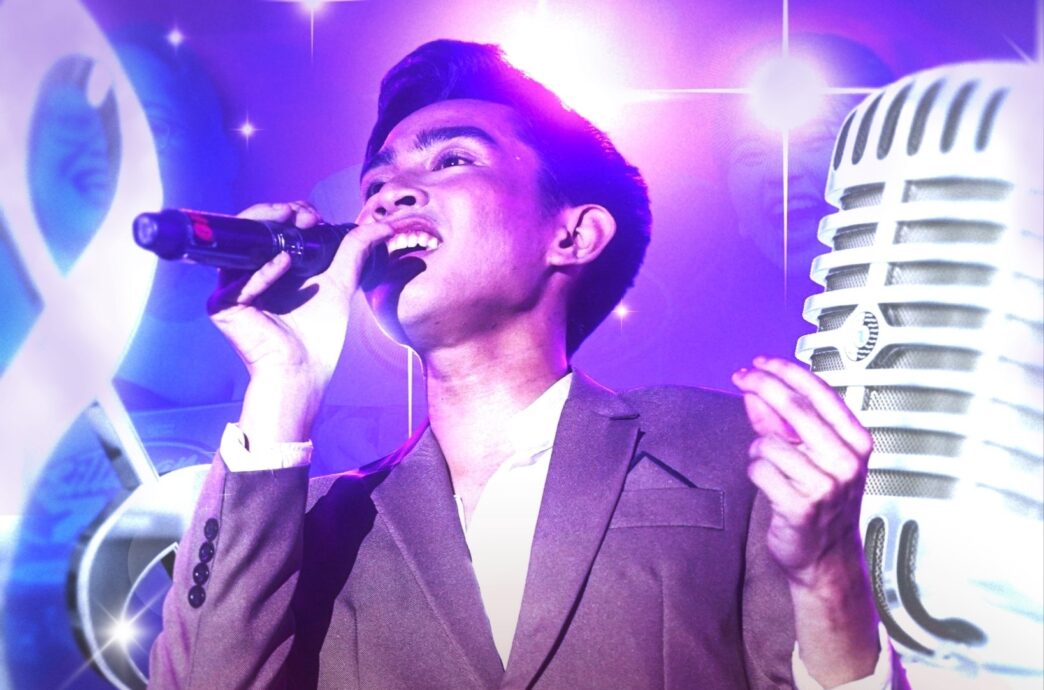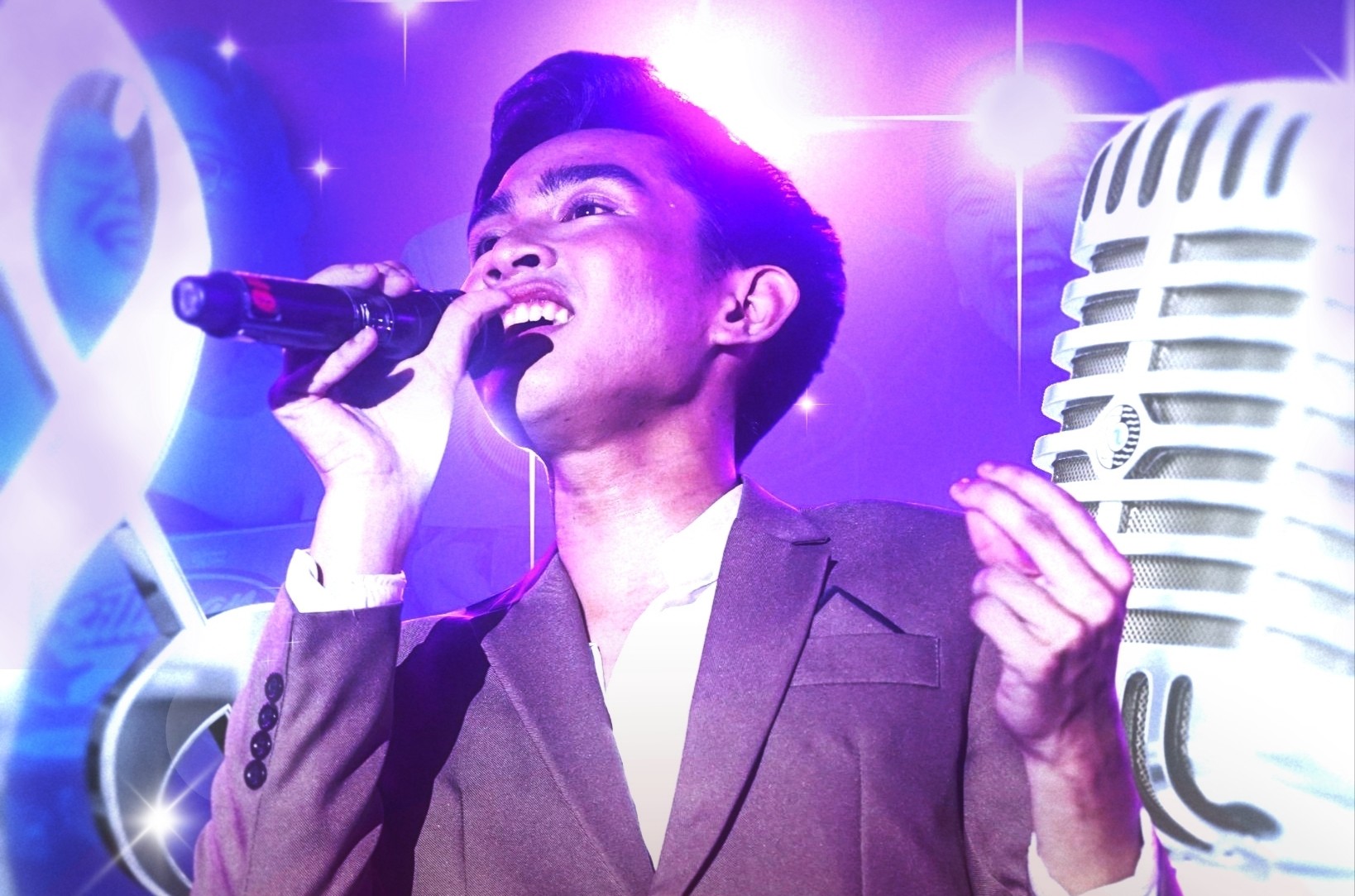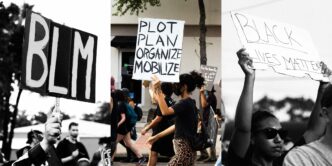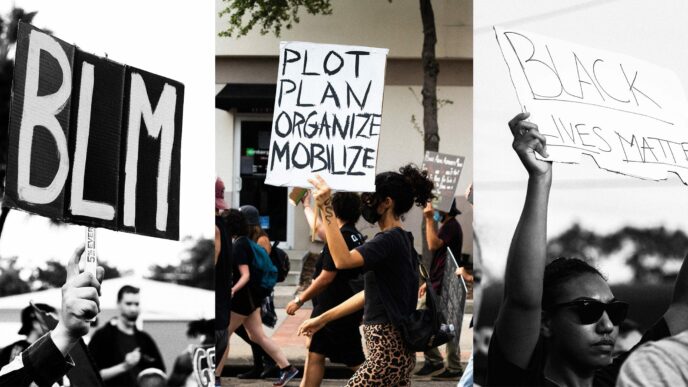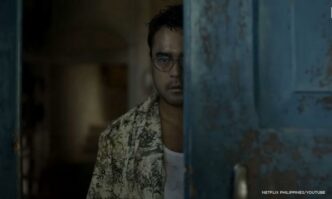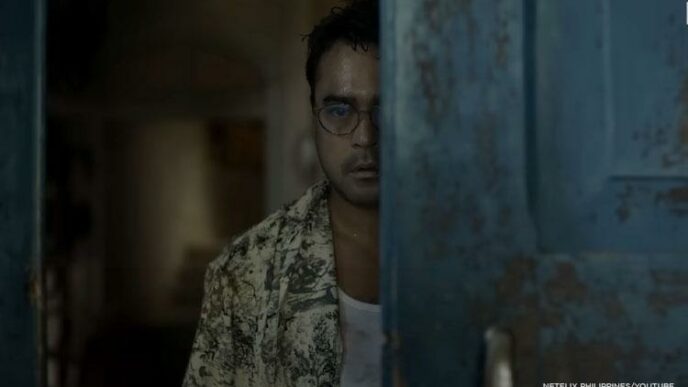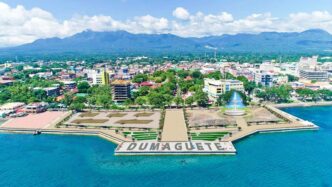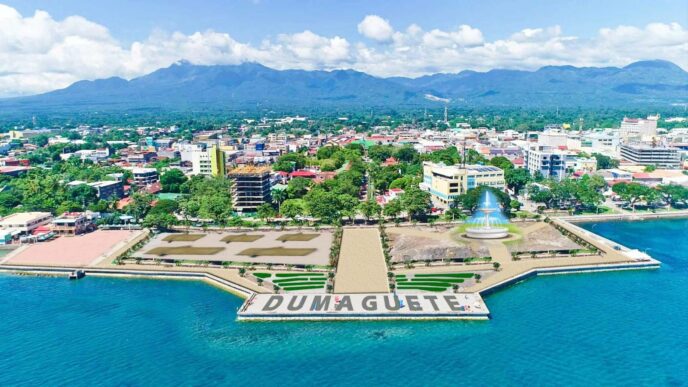By Ryanne Czarina Villegas
For many, the journey to finding oneself is a long and winding road. But for Gonzales, a third-year medical student at Silliman University (SU), that journey brought him to a full circle.
From the sandy beaches of Australia back to the shores of his birthplace in Dumaguete City, he not only found his passion for medicine but also rediscovered his voice and identity.
Growing up, Alriz’s life was a blend of two worlds. Alriz was born in Dumaguete and is his family’s second child. When he was 4 years old, his family moved to the United Kingdom and later to Townsville, Australia, where he spent the rest of his childhood. Despite the distance, his parents made sure that he and his two sisters never lost touch with their Filipino roots.
Prior to medical school, he completed his secondary education at Ryan Catholic College in Townsville, and later graduated with a bachelor’s degree in physiotherapy (honors) from the University of Queensland in Brisbane, Australia. Now, he juggles his time between being a student council batch officer and volleyball varsity at SU on top of being a medical student.
Alriz’s love for music seemed to be an innate part of him. His parents always told him that when he was a child, he would hum himself to sleep. His mother would always mention that her first vivid memory of him singing was “Hero” by Mariah Carey at a family reunion when he was only 3 years old.
“I am always shocked when I see old videos of me in school with a mic in my hand, singing with no fear,” he said, reflecting on his confidence from a very young age.
He never had a single defining moment that ignited his passion; music simply made him happy. Whether it was singing songs or dancing to them, music always made him feel so alive.
This passion was even more nurtured in his Filipino household, where music was a centerpiece for every family gathering. He also honed his skills through school musicals and competitions, including a lead role in his school’s production of “All Shook Up” by Elvis Presley.
His path, however, was not without its challenges. Unlike the Philippines, there is not much of a competitive talent culture in Australia, so he did not grow up as a “contesero”.
But in 2014, the first big highlight of his singing experience happened when he joined a national TV singing competition. While on a Philippine vacation, a spontaneous audition for the first-ever edition of The Voice Kids led to a two-week journey in Manila. Unfortunately, no chair turned for him—taking a massive toll on his confidence.
“My ego as a young 14-year-old was shot,” he admitted. This setback caused him to detach from public singing, turning his joy into a chore.
“It started feeling like a chore. I hated it when I would be guilt-tripped, somehow, that it was bad not to share my talent with others,” he shared. The feeling of obligation, though well-intentioned, began to overshadow his love for music, leading to a long hiatus from performing.
After years away from the spotlight, an impromptu decision brought him to the Silliman Idol stage. His journey, however, was not easy. Juggling medical school with the competition was a constant balancing act.
“Rocking up 15 minutes late to an exam because my audition was during the same time, going straight from school to band rehearsals at night. This was the reality,” he recalled.
One of his biggest challenges came during the final round, where he had to sing two songs entirely in Tagalog—a language he barely spoke. His song for the “1 song 5 genres” challenge was “Ang Huling El Bimbo.”
Determined to master it, he used ChatGPT as an “unsung hero” to translate each line, ensuring he understood the lyrics to fully embody the song’s emotional depth. His hard work was rewarded with grand applause after delivering a powerful and moving performance.
His win was more than just a title. It was a profound moment of healing. “To find that passion in the same place that I lost it, and to see that I have come full circle, is beyond words,” he shared.
For Alriz, his victory was a reflection of his complex identity. He had always felt out of place, seen as “different” in both Australia and the Philippines. The theme of this year’s competition, “Hinabing Alon: Woven Tide of Heritage,” resonated deeply with him.
“I realized that this was my chance to showcase my story, to show everyone that not only am I Filipino, but I am proud to be one,” he shared.
Thus, Alriz performed a Regine Velasquez song, a tribute to the “Asia’s Songbird” he grew up listening to. He wanted to show that his life in Australia and his life in the Philippines were not separate threads but were “woven together like fabric.”
Alriz’s journey is a testament to resilience and the power of second chances. He wants his story to inspire others, especially medical students, to not give up on their passions. “If it’s for you, it will always be for you. Don’t hesitate to do that one thing or take that one chance.”
Moreover, he challenges the stereotype that medical students must sacrifice other interests to make way for their studies. “It’s almost accepted that the moment we enroll into medicine, we have to sacrifice our hobbies and extracurricular interests—personally, I disagree,” he stated.
For Alriz, having a healthy work-life balance reminds everyone that they are more than just their profession. “I want my classmates to ask themselves, ‘who are you behind the MD?’” he said, hoping to inspire a new generation of doctors who are both brilliant in their field and vibrant in their humanity.
His journey has been a turbulent and powerful one, proving that the waves that carried him away are the very same waves that brought him home.
Alriz’s story reminds us that our true purpose often lies not in seeking a new destination, but in rediscovering the home we carry within us. It is in embracing every part of our past—the triumphs and the setbacks—that we can create a woven tapestry of all the experiences that make us who we are.

